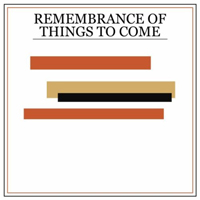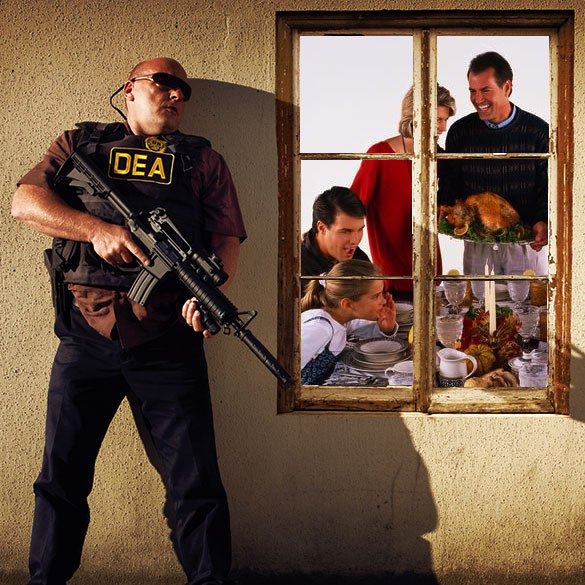How does one begin a review about an album that is so decidedly against beginnings and ends? Rhetorical questions? In a tone built by words and phrases like “in which” and “one”?
I like for the tone of reviews to match the tone of the album in question, but that’s really a struggle with Princeton’s Remembrance of Things To Come. The L.A. group’s second LP consists of bouncy, well-polished, almost dance-like tracks, but the album consistently opts for surrealism over clarity in its lyrics, sacrificing ready comprehension for subtly and gently obscured meaning. The songs have a general warmth to them and are pleasant to listen to multiple times, but they don’t ever try to be particularly catchy.
It’s almost made clear from the title alone that the value of this album lies in its complexity and comfort with paradox. I’m not sure if I would enjoy the album if I didn’t genuinely enjoy chasing meaning down a rabbit hole, and if you don’t then this album may never be more than “OK” to you.
“Florida” is the second and standout track of the album. It is the only song that seems to have a clear narrative of events. Even here though, it doesn’t really feel like anything specific is being described. The events are prototypical, and the song takes the listener through a surreal view of the typical day, propelled on by warm loops of piano and marimba with flourishes of cello and violin. Gliding along through his dour morning commute and disillusioning workspace, the narrator wonders how he “lost his faith this morning,” and it becomes clear that he longs for escape from the everyday. “Get me far away from everything that I’ve known and all these places that I hate,” he says with a Smiths-like resignation before strings cut through the looping monotony.
 The next verse then gives way to motion, a state of transition “back to Brooklyn,” back to some sort of satisfaction. The song relocates to a place of transition—a hotel. “It’s a dump but I’m tired of chasing down a broken dream this morning.” He leaves the endless commute in Miami behind for the Keys, where he can appreciate “the sound of tanagers on the roof” most fully.
The next verse then gives way to motion, a state of transition “back to Brooklyn,” back to some sort of satisfaction. The song relocates to a place of transition—a hotel. “It’s a dump but I’m tired of chasing down a broken dream this morning.” He leaves the endless commute in Miami behind for the Keys, where he can appreciate “the sound of tanagers on the roof” most fully.
There are no guitars in any of the songs, and this seems to bolster the hypnosis brought on by the piano and marimba loops. It creates a dream-like atmosphere in which the speaker reflects on various existential dilemmas and general frustrations. These concerns plague the album, across songs written by the two front men and identical twins Jesse and Matt Kivel. Moments of escape from the neurosis brought on by such questions really only seem to subside in the moments of motion and general action, as on “Florida.” Only in these places do they escape the “knife slowly sinking up at you” of “Andre.” They have to be in motion to avoid the creeping thoughts of dying, and lines of questioning which demand reckoning even when awash material comfort. “But did I love her at all?” asks the chorus of “Riches” after describing scenes of golden afternoons.
The album is at least kind enough to close on a moment of some triumph. The final song, “Louise,” asks you to give into passion, to “Come sit by the fire,” to engage in the contentment brought on by communal support and nourishment. “I’ll read all the books you write; I’ll cook supper for you.” This sort of selfless engagement in a mutual passion finally quiets the seemingly eternal angst of the nagging voice that appears in the choruses of the other songs. The album ends on, “Then make the silence!” The strings rise into crescendo for forty seconds before suddenly dropping off, leaving the last note hanging in air. After ten songs of worries and questioning, the album finds peace when it hands off the chase for meaning to the listener.
This review was first published at Pretty Much Amazing.



